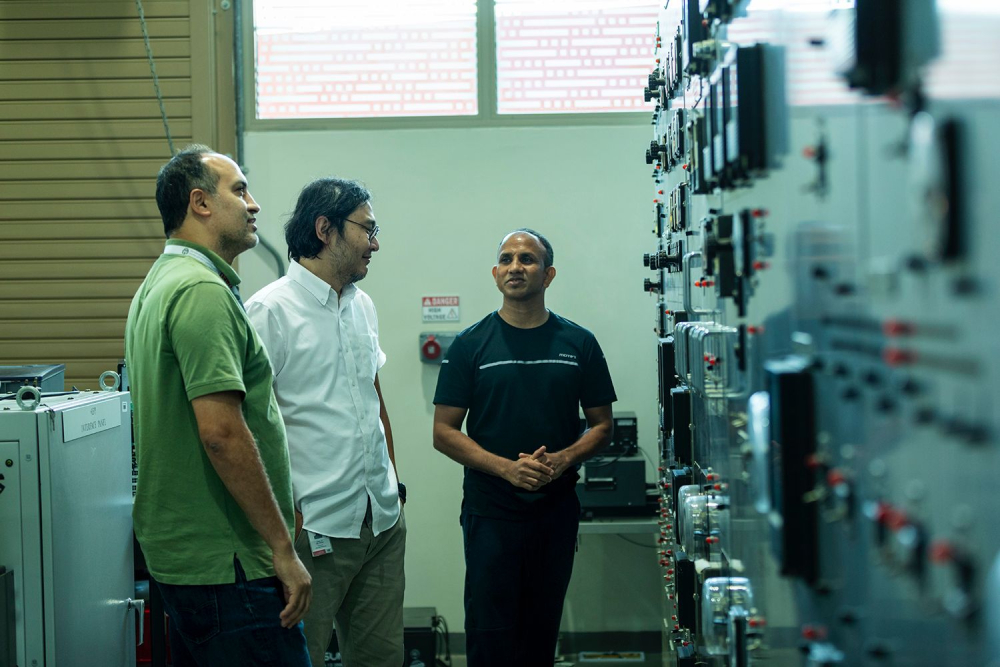Optimal Fast Charging Stations Planning for Future High Penetration of Electric Vehicles in UAE
 The fast-growing realization and recognition of the need for a sustainable carbon-free
future have led many countries to initiate the deployment of electric vehicles (EV)
on their roads. While this is a pleasant change and an indispensable need, it raises
a critical problem. Where are these EVs going to get recharged? The installation of
publicly accessible charging infrastructure, namely fast-charging stations (CSs) is
crucial for the large-scale deployment of EVs. Inappropriate positioning of CSs would
create traffic congestion, affect user satisfaction, and CS operations. Moreover,
it will impact the electric power distribution network with, power loss, and voltage
instability due to erratic charging demand and unpredictable travel behavior of EV
users. These impacts on the electric grid become more significant in the case of uncoordinated
charging. Thus, an adequate model to locate and optimize fast CS needs to be formulated
to alleviate these issues.
The fast-growing realization and recognition of the need for a sustainable carbon-free
future have led many countries to initiate the deployment of electric vehicles (EV)
on their roads. While this is a pleasant change and an indispensable need, it raises
a critical problem. Where are these EVs going to get recharged? The installation of
publicly accessible charging infrastructure, namely fast-charging stations (CSs) is
crucial for the large-scale deployment of EVs. Inappropriate positioning of CSs would
create traffic congestion, affect user satisfaction, and CS operations. Moreover,
it will impact the electric power distribution network with, power loss, and voltage
instability due to erratic charging demand and unpredictable travel behavior of EV
users. These impacts on the electric grid become more significant in the case of uncoordinated
charging. Thus, an adequate model to locate and optimize fast CS needs to be formulated
to alleviate these issues.
In view of the above, Professor Hussain Shareef’s research group the United Arab Emirates University (UAEU) has developed methods to help design and manage a coordinated fast CS planning model that considers the benefits of EV users, the efficiency of CS, and the impact on the power grid. The research team proposed an improved way to calculate users’ travel costs using the driver’s convenient GPS navigation software and EV state of charge estimation. A new charging strategy and an improved queuing algorithm are introduced to minimize daily peak energy demand that satisfies the EV. Ultimately, this project is beneficial for sustaining the fast-growing demand for EVs in UAE and helps to prepare a plan to locate and size the CSs that benefit all stakeholders.
Professor Shareef has a long record of influential research in the field including work on power system planning, the integration of renewable power sources, the application of AI techniques in power systems, energy management, and electric vehicle grid integration. He was selected for inclusion in the World's Top 2% Scientists list complied by Stanford University, USA, in 2019 and 2020. He leads the Green Mobility Research Team at the Emirates Center for Mobility Research. The overall aim of this centre is to develop and promote a wide range of technological innovations that will advance the development of more environmentally-friendly transportation systems.

Do you find this content helpful?
عفوا
لايوجد محتوى عربي لهذه الصفحة
عفوا
يوجد مشكلة في الصفحة التي تحاول الوصول إليها

